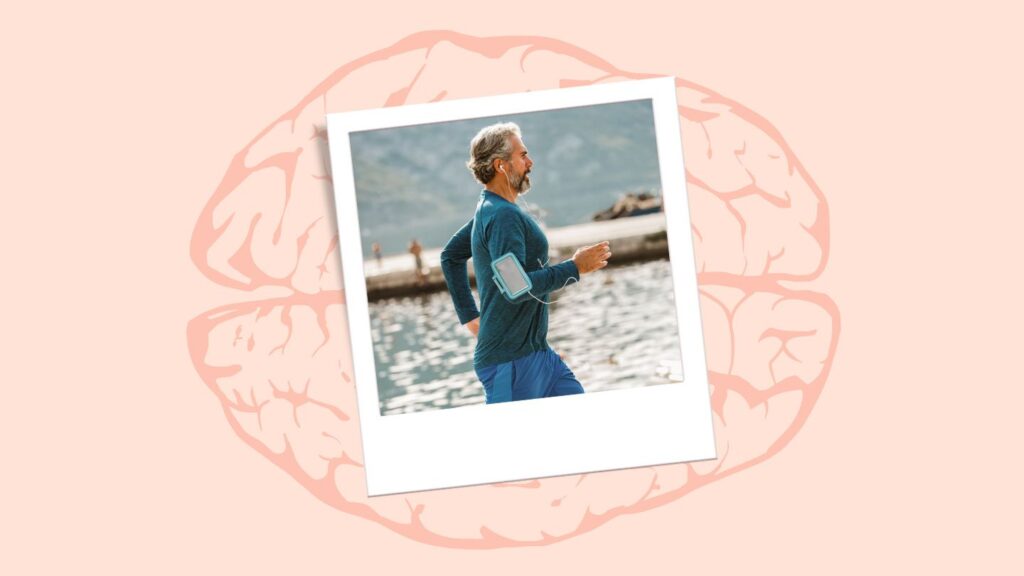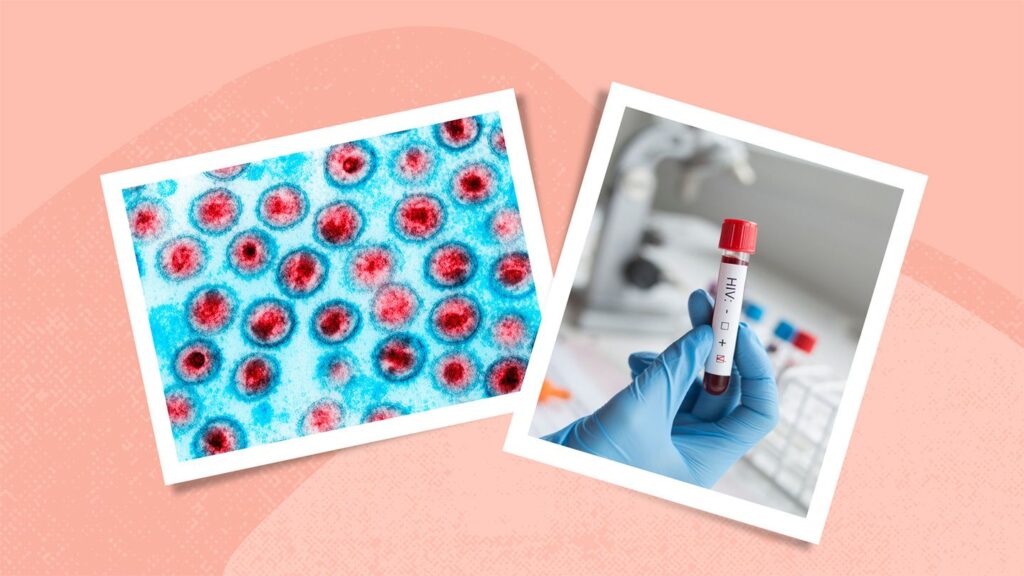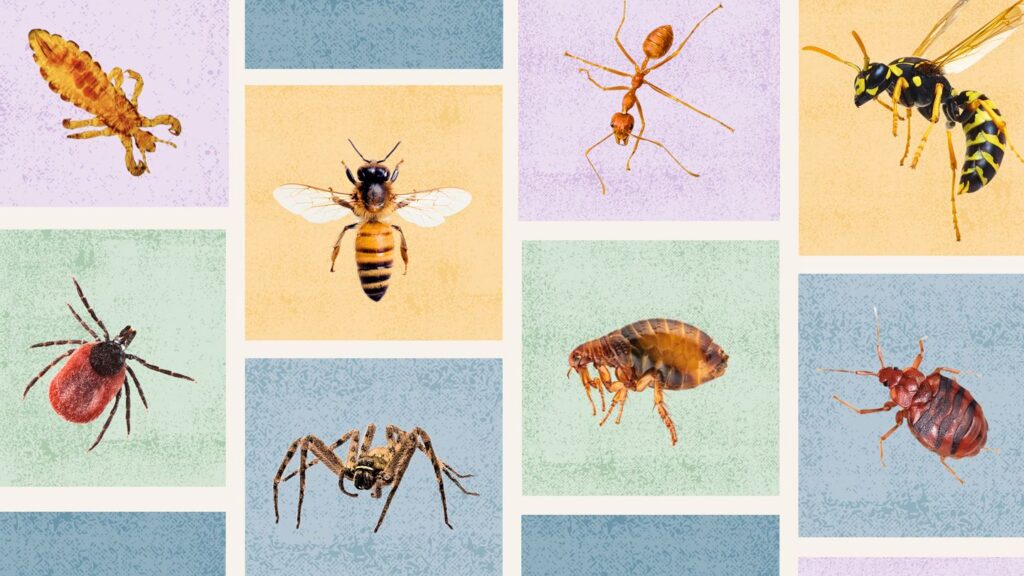Like any part of the body, testicles can be affected by disease, injury, or infection. Here are some of the most common conditions and complications of the testicles.
Hydrocele
Varicocele
Testicular Torsion
Testicular torsion is a painful condition where the testicle twists, cutting off its blood supply. It can be caused by an injury, but most cases happen in people who have “bell clapper” testicles, which allow the testicles to move freely in the scrotum.
Low Testosterone (Hypogonadism)
Low testosterone, or hypogonadism, is a condition where the body isn’t making enough testosterone. Males can be born with low testosterone, or it can develop later in life. Many different health conditions can lead to low testosterone production, including obesity, type 2 diabetes, heart failure, and autoimmune diseases.
In children, low testosterone causes delayed puberty and lack of secondary sexual characteristics, such as facial hair or a deeper voice.
Testicle Infections
Infections can cause pain, swelling, and tenderness in the testicular area, as well as fever and general illness.
- Epididymitis is inflammation of the epididymis, the coiled tube at the back of the testicle, commonly caused by intestinal bacteria or the sexually transmitted diseases chlamydia or gonorrhea.
- Orchitis is a viral infection that spreads to the testicle through the bloodstream.
Testicle Injuries (Contusion, Dislocation, Degloving)
Because the testicles are on the outside of the body, they are more vulnerable to blunt force and penetrating injuries. Injuries to the testicles can include dislocation, which is when something forces the testicle out of position, or degloving, which is when an accident removes the scrotum covering the testicles.
Testicular Cancer
Testicular cancer is the most common form of cancer among young males.
Cancer of the testicles usually takes the form of out-of-control growth of the cells that produce sperm. It often presents as a bump or lump in the testicle, and may cause a dull ache in the lower belly, groin, testicle, or scrotum.
Male Infertility
Conditions such as varicocele, hormonal imbalances, and infections can all cause infertility — the inability to conceive a child. A man might become infertile for a number of reasons, including low sperm production, abnormal sperm function, or blockages that prevent the delivery of sperm.



